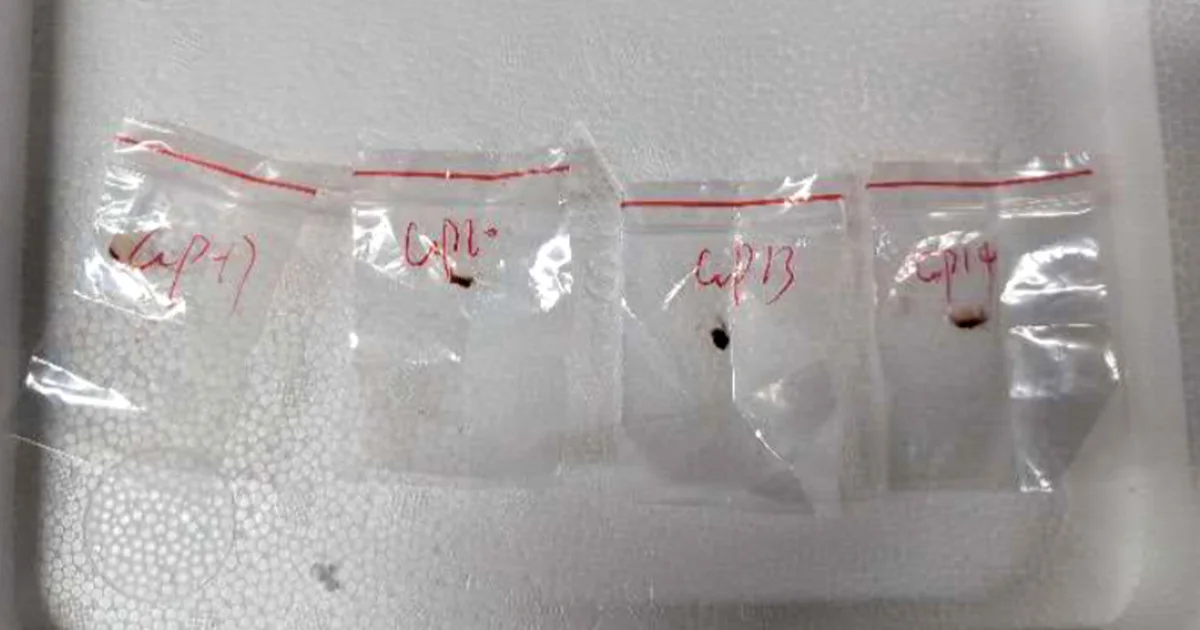The FBI has charged Chinese scientist Liu Zunyong with attempting to bring a toxic fungus into the United States—raising fresh alarms about biosecurity, international research oversight, and the movement of hazardous materials across borders.
Who is Liu Zunyong?
Liu Zunyong is a Chinese national with a research background in veterinary medicine and microbiology. He was previously affiliated with a state-run research institute in China. According to court documents, Liu attempted to enter the U.S. carrying vials of an unreported fungal pathogen, which officials now believe to be potentially harmful if mishandled.
The fungus in question is known to pose serious health risks to animals and, under certain circumstances, humans. It’s not approved for transport without specialized clearance from U.S. agencies, including the Department of Agriculture and the Centers for Disease Control and Prevention (CDC).
What Happened at the Border?
Liu was stopped by Customs and Border Protection (CBP) officers during a routine inspection. Authorities became suspicious after noticing inconsistencies in his customs declarations. Further inspection revealed several biological samples in his luggage, which he allegedly failed to report.
The FBI later confirmed that at least one of these samples contained a toxic fungus, which Liu did not have the proper permits to bring into the country. He now faces federal charges for illegal transport of hazardous biological material and making false statements to federal agents.
Why Does This Matter?
Bringing a toxic fungus into the U.S. without proper authorization isn’t just a paperwork violation—it’s a serious biosecurity risk. Fungal pathogens can devastate ecosystems, destroy agricultural supply chains, and pose public health threats. This incident also highlights potential gaps in international cooperation on research and safety standards.
Liu Zunyong’s case is the latest in a string of incidents that have led U.S. authorities to more closely scrutinize biological research involving foreign nationals. While most research partnerships are legitimate, this situation has sparked broader debates about national security, transparency, and the need for stronger safeguards when it comes to transporting biological materials.
What’s Next?
Liu Zunyong is currently in federal custody awaiting further legal proceedings. If convicted, he could face prison time, deportation, and permanent exclusion from entering the U.S. again. Meanwhile, federal agencies are conducting additional tests on the seized fungus to determine its exact properties and potential risks.
This case serves as a stark reminder of how scientific research—when mishandled—can turn into a matter of national security. And for the general public, it’s a wake-up call about the hidden risks that can travel across borders in a suitcase.



